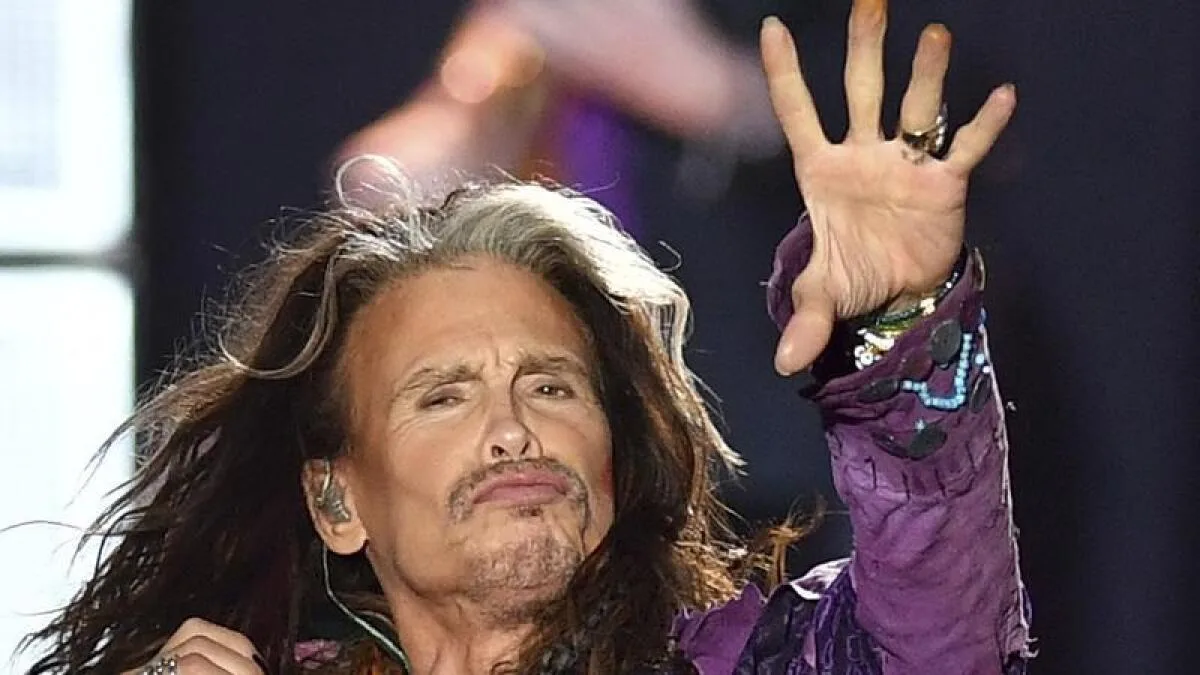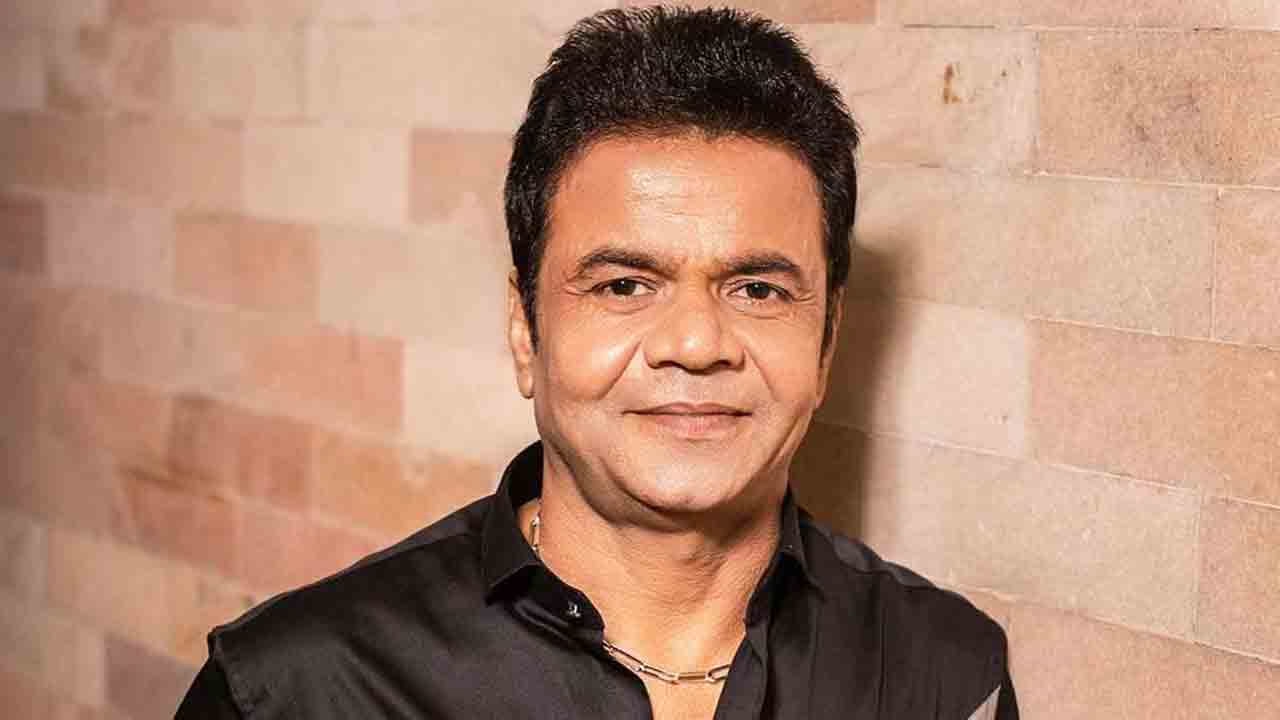Popular Pakistani actress Hania Amir has publicly reacted to the shocking honor killing incident in Balochistan. Through a simple yet striking Instagram story, she conveyed a strong message that has triggered widespread discussions across social media platforms and beyond.
Her post consisted of just one sentence:
If women start killing in the name of honor, not a single man will be left alive in society.
Though short, the message was profound. Without any caption or further commentary, Hania’s words challenged societal double standards and gender-based violence in the name of honor.
The Balochistan Tragedy: What Happened
The incident she referred to occurred in Balochistan just days before Eid-ul-Adha. A disturbing video of the tragedy recently surfaced online, sparking nationwide outrage. In the video, a group of armed men is seen bringing a woman and a man to a deserted area. They are positioned a few steps apart and then ruthlessly shot dead.
The killings were reportedly carried out under the pretext of “honor,” a deeply rooted cultural notion often used to justify violence—especially against women. Although the video was leaked weeks after the actual event, it prompted swift action by authorities once it went viral.
Law enforcement agencies have confirmed that an investigation is underway. The government has pledged accountability, but justice in such cases has historically been slow and inconsistent.
Hania Amir’s Message Resonates Nationwide
Hania Amir’s statement struck a chord with many across Pakistan. Her choice of words not only condemned the act but also forced society to reflect on the injustice and hypocrisy surrounding so-called honor killings.
Social media users lauded her bravery and clarity. Many people echoed her sentiment, saying that if women had been given the same impunity as men under the false banner of “honor,” the consequences for society would be catastrophic. Her message has reignited the conversation around gender inequality, victim-blaming, and the deeply flawed cultural narratives that enable such crimes.
The Issue of Honor Killings in Pakistan
Honor killings remain a grim reality in Pakistan. Dozens of such cases are reported every year, but many go unreported or unresolved. Victims are often punished for actions like choosing their life partner, speaking out against abuse, or being seen in the company of someone from the opposite gender. In many instances, the killers are family members or individuals close to the victims, and legal loopholes often allow them to escape justice.
Despite some legislative reforms aimed at curbing these crimes, the implementation remains weak. Cultural taboos, lack of education, and patriarchal norms continue to shield perpetrators.
Hania Amir’s post served as a reminder that the conversation about women’s rights and safety must remain urgent. Her influence as a public figure has once again brought the spotlight to a deeply entrenched issue that affects countless lives across the country.
Social Media Reactions and Public Opinion
The public response to Hania’s post has been overwhelming. On Twitter, Instagram, and Facebook, her sentence was widely shared and discussed. Hashtags related to honor killings began trending, with many users demanding harsher punishments for the culprits and greater protection for women.
Some users expressed that the entertainment industry should take a collective stance on such issues. Others suggested incorporating topics like gender violence and equality into school curricula to change mindsets from an early age.
Many also praised Hania for not just remaining silent like many celebrities often do. By speaking out, she set an example for others to use their platforms responsibly and meaningfully.
A Wake-Up Call for Society
While the Balochistan incident has reignited national outrage, it also highlights a critical need for societal reform. Change cannot come from legislation alone—it requires a collective shift in thinking. Community leaders, educators, influencers, and policymakers all need to play their part in dismantling dangerous ideologies that lead to such tragedies.
Hania Amir’s powerful message may not solve the problem overnight, but it has sparked dialogue, raised awareness, and reminded many that silence is not an option in the face of injustice.
As investigations continue, the hope is not only for justice in this specific case but also for a more widespread awakening across Pakistan—a move toward a future where honor is not misused as a license for violence.



